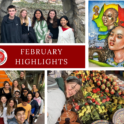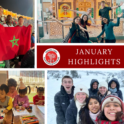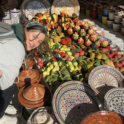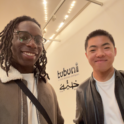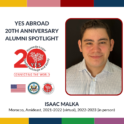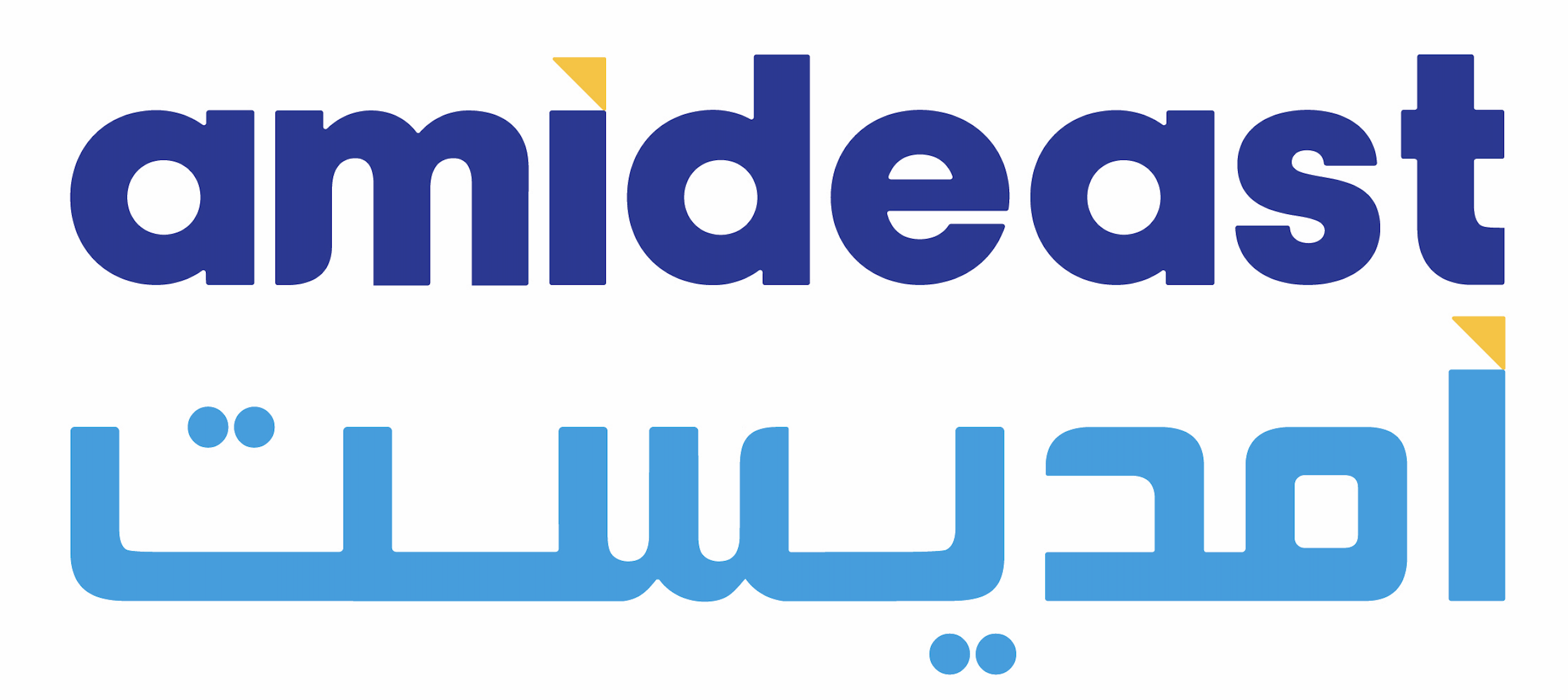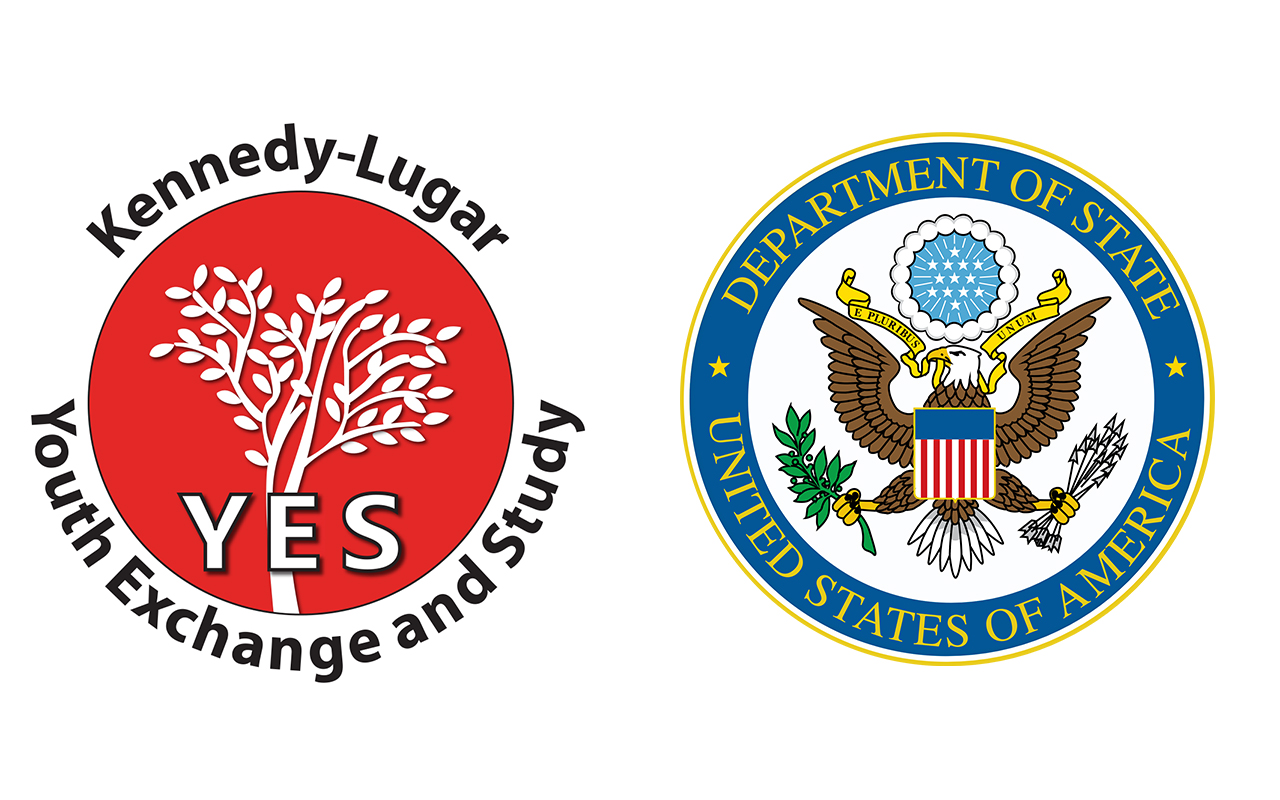Morocco
Study abroad in MOROCCO with YES Abroad!
Set in Africa’s northwest corner, Morocco is a bridge between Europe, Africa, and the Arab east. Only nine miles separate Tangier, Morocco from the Spanish coast. The only monarchy in Arab North Africa, Morocco’s culture is a blend of Amazigh (Berber), Arab, African, and European influences.
Geographically, Morocco is divided into four regions: the Mediterranean and Atlantic coastal areas; the flatlands of the coastal plains; the Atlas and Rif Mountains; and the pre-Sahara desert area in the south with its oases. The cities are Morocco’s greatest attraction. Fez and Marrakesh, in particular, are unique and bursting with tradition; there you can walk through the streets and get a sense of life as it was as far back as the Middle Ages. In the Atlas and Rif Mountain region, the climate is typically Mediterranean: temperate, with some more humid and fresher variants. The region east of this experiences long summers, with very warm and dry weather.
Rabat, the city where students will reside, has been the capital of Morocco since its independence in 1956, as well as during the French protectorate, which began in 1912. It is an elegant city that follows the usual structure of Moroccan cities, with the original town, called the medina, and a new, modern part, initially built by the French upon their arrival. The old city in Rabat is a compact area bordered by the sea and the river on two sides, and by the Almohad and Andalusian walls on the other two sides, dating back to the 12th and the 17th centuries respectively. Rabat offers some of the most interesting monuments in Morocco, such as the Oudays Kashba (formerly barracks for the sultan’s troops), surrounded by the Andalusian Gardens; the Hassan Mosque, which its tower, symbolizes the city; and the interesting ruins of Chellah the original Roman settlement of the area, later made into an Islamic medina, but that have been abandoned since the 15th century.
Learn more about being a YES Abroad student in Morocco:
Host Family
Students will live with host families in order to experience immersion in the local culture. Families are selected based on recommendations by members of the local community, and each is carefully screened by Amideast staff. Families are carefully vetted through a thorough application process and are highly regarded by their relatives and neighbors. An Amideast Housing Coordinator communicates with host families and students to create a strong support network. Moroccans’ first language is Darija or Moroccan Colloquial Arabic, which students receive instruction in as part of the YES Abroad program to facilitate their interactions with their host family and the local community.
Families are located in different neighborhoods and are accessible by petit taxis, tramway, grand taxi or are even close enough to the Amideast office that students can walk.
Your High School
Students will attend a local private high school. The primary language of instruction will be French and Modern Standard Arabic. However, the first language of all students and teachers is Darija or Moroccan Colloquial Arabic and many teenagers communicate in a combination of French, Arabic, and English. School typically runs Monday to Friday from 8:30 a.m. to 5:00 p.m., and most schools, although not all, require students to wear a tablier or smock that resembles a white lab coat. Adherence to the school dress code is expected of participants attending Moroccan high schools. Dress codes may vary slightly among schools but will have requirements regarding clothing to be worn and length and style of hair among other things, which will generally conform to gender binaries. While students will not have the opportunity to participate in extracurricular activities with their school, there will be program-organized cultural immersion activities. Students usually take either a “petit taxi” or “grand taxi” to school and may also be able to walk, especially on the way home.
The Political & Security Environment
The U.S. enjoys good relations with Morocco and in fact, Morocco is commonly acknowledged as the first country to recognize the independence of the United States from Great Britain. It is an active member in organizations such as the Paris Club, WTO, IAEA, and the UNHCR.
For more information, visit the CIA World FactBook.
Health & Safety
With Amideast’s more than 50-year presence in Morocco, we are able to draw on strong local connections for a deep understanding of cultural, health, safety, and security issues. Prior to departure and upon arrival, students receive in-depth safety briefings from Amideast staff. Amideast staff also assist students to register with the Embassy and a private intelligence provider, WorldAware, to receive travel alerts. Amideast works closely before arrival and throughout the exchange year to discuss and prepare for students’ well-being. YES Abroad students are covered by medical as well as political and security evacuation insurance. Students will have access to a 24-hour emergency number, and staff members are thoroughly trained. Each student receives a local cell phone upon arrival in Morocco and the contact number for their local support representative and their local Amideast office. In the case of an emergency, a Duty Officer is on-call 24/7 in both Morocco and the U.S. This number is available to both students and their parents while on program.
For further information on Morocco, visit the U.S. State Department website.
Enrichment Activities
Students will have the opportunity to take part in various activities to increase their interaction with local peers in Morocco. Activities may include field trips, sporting events, cultural excursions, social outings, and community service projects. Examples of previous enrichment activities include:
- Courses in Modern Colloquial Arabic, or Darija;
- Meeting with the Public Affairs Section of the U.S. Embassy;
- Trips to various cities and towns, potentially including Tangier, Marrakesh, Essaouira, Fez, Meknes, and Casablanca;
- Some community service activities, such as teaching English or volunteering with local NGOs;
- Pottery and calligraphy lessons;
- Visits to a local hammam (Turkish bath);
- Learning to make traditional types of Moroccan bread at a local bakery; and
- Students may also have the opportunity to join local gyms or youth clubs and organizations.


